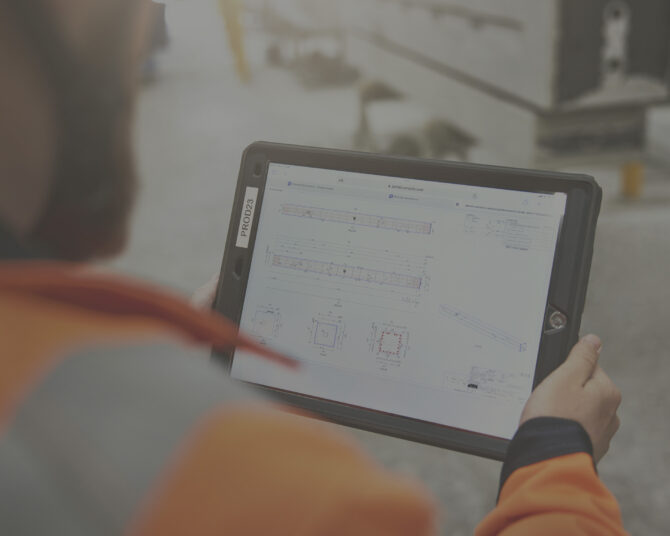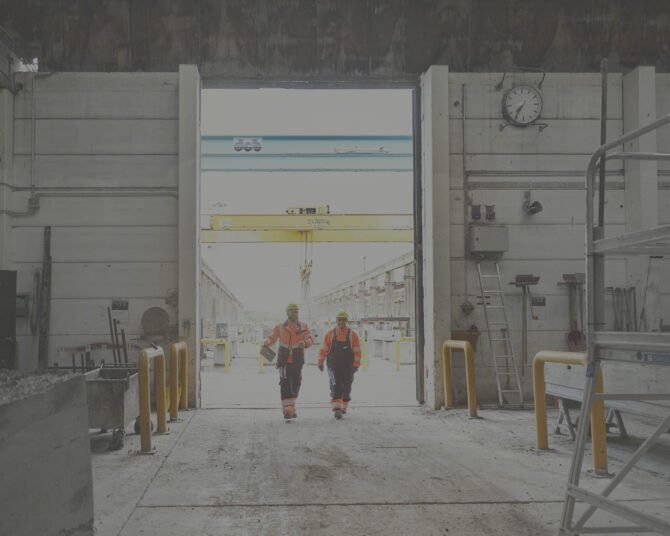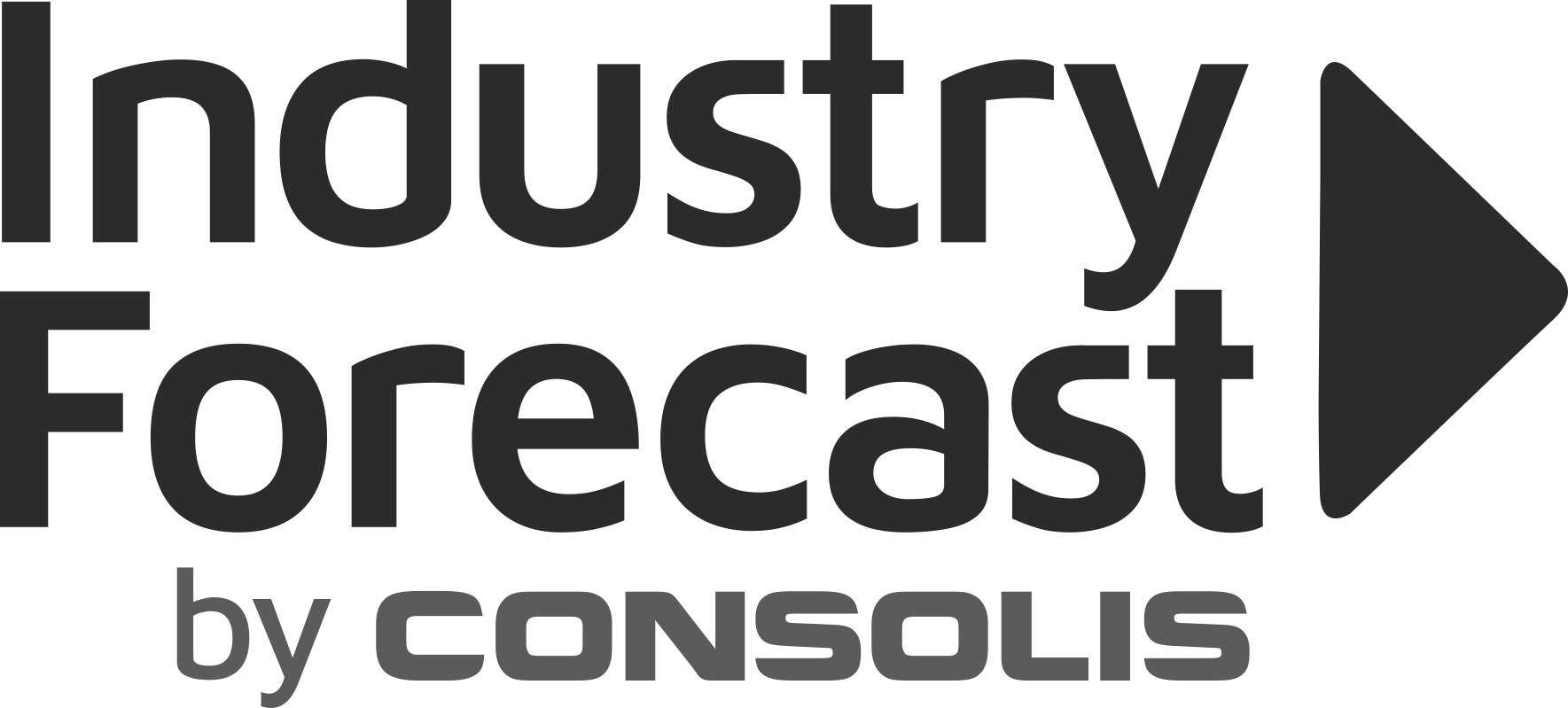How can a long-established industry become a driving force for sustainability and innovation? What does it take to future-proof construction, both as a business and as a workplace? And how can companies attract and empower those who will lead that transformation? These are the questions the construction sector and Consolis are facing today.
At the centre of this transformation is Liselotte Bergmark, Chief Human Resources Officer at Consolis. With over 25 years of experience in international HR and a strong focus on leadership, culture, sustainability, and communication, she plays a key role in shaping the company’s direction and supporting the people who make it happen.
Leading the transformation of an evolving industry
The construction industry, once seen as traditional and slow to change, is now at the centre of critical developments in sustainability, technology and industrial innovation. And Consolis is determined to be at the forefront of this transformation.
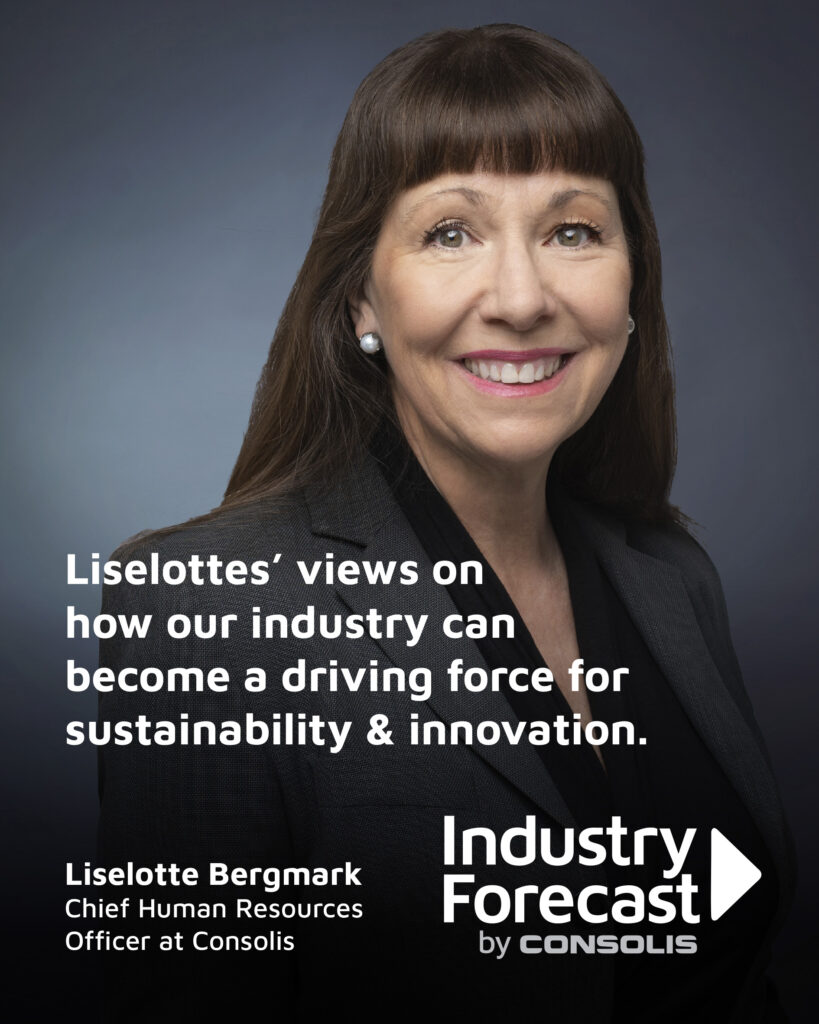
“We don’t just want to be part of the change and sustainable transformation of our industry — we want to lead it,” says Liselotte Bergmark. “That means clear leadership, strong collaboration, and the courage to challenge old ways of working.”
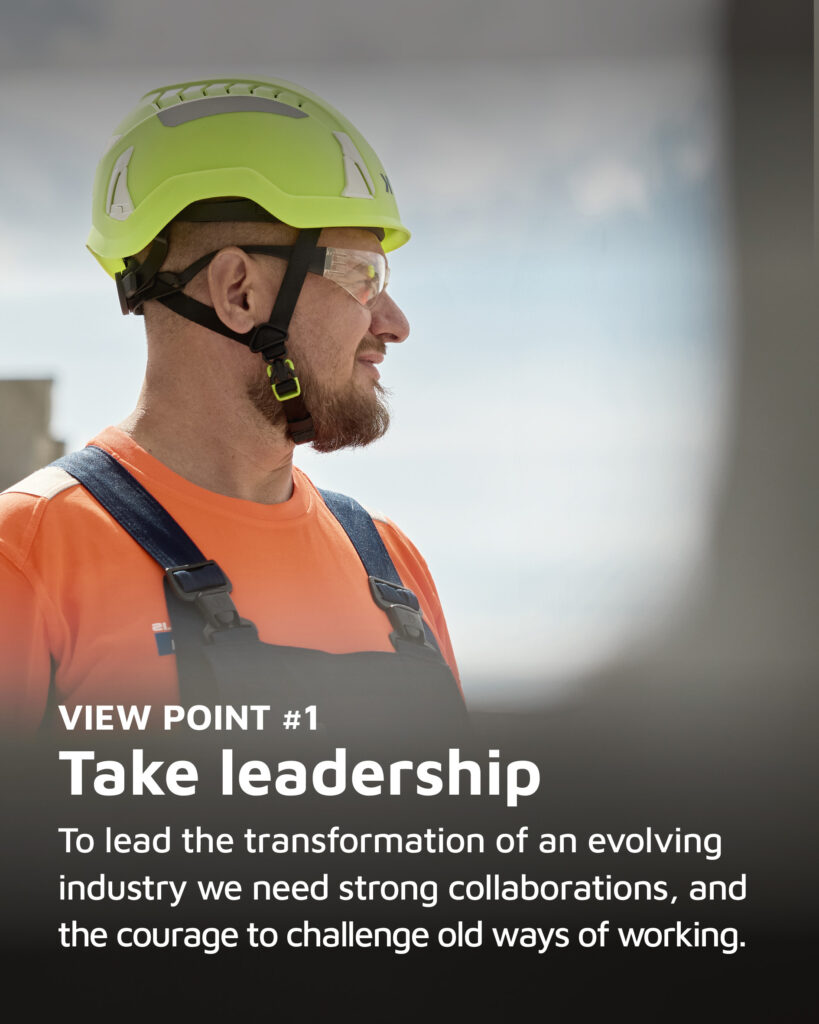
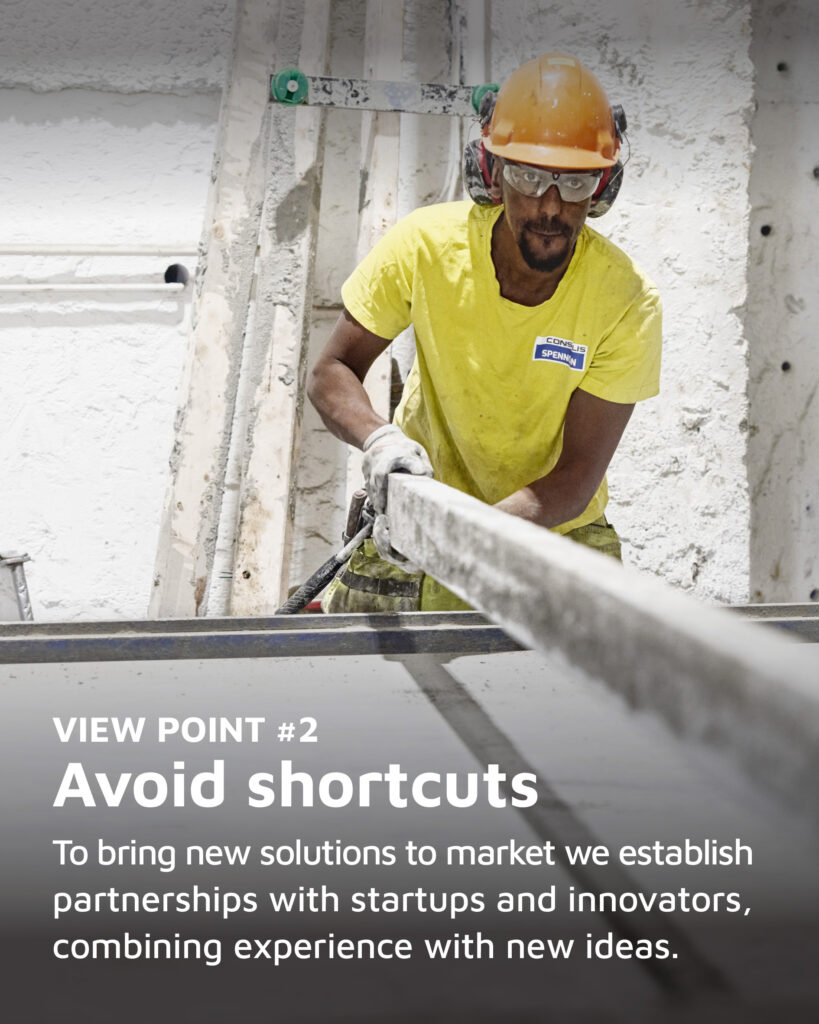
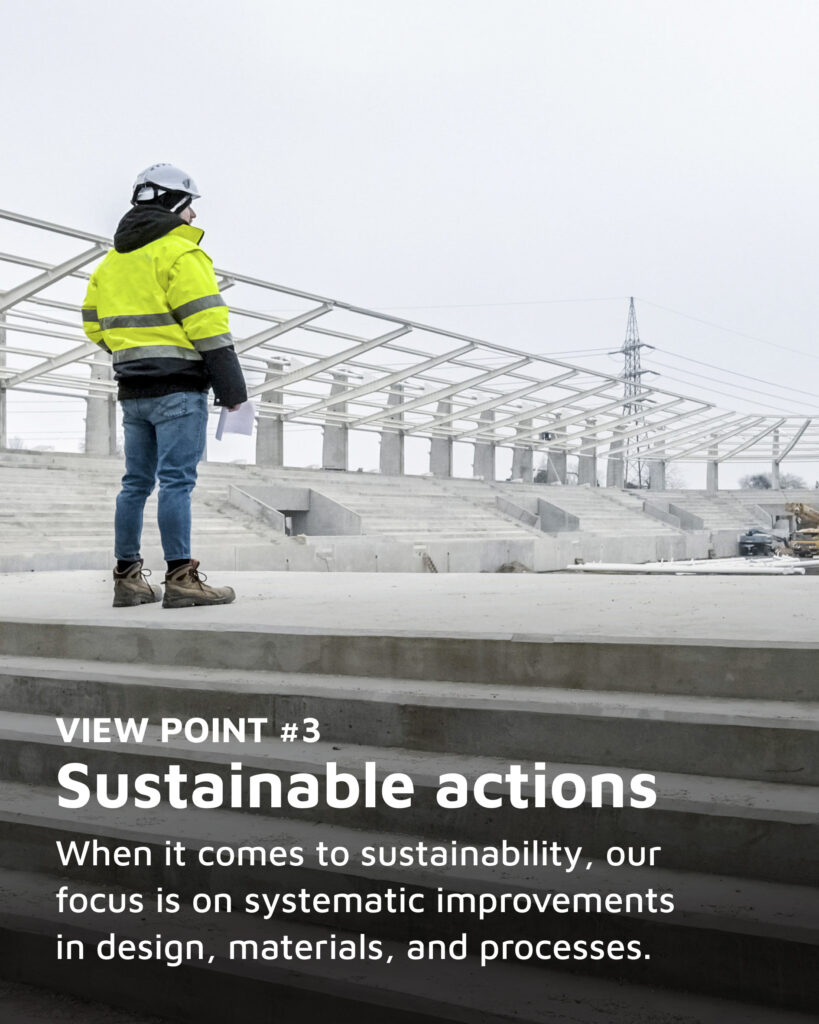
Leadership sets the tone for transformation
According to Liselotte, leadership is the single most important factor in driving change.
“Nothing happens without leadership. Our leaders must set direction, act with integrity, and bring people with them,” she explains.
This culture of engagement runs deep at Consolis. From cross-border collaboration, engaging internal competitions, and continuous improvement initiatives, employees are actively involved in shaping the company’s direction.
“One of our greatest strengths is our presence in 17 different markets. This allows us to test ideas across different contexts, compare results, and accelerate what works. That agility gives us a real advantage.”
Combining long-term thinking with agile innovation
The concrete industry has a reputation for being conservative, and in some ways, that’s a strength. Structures built today are meant to stand for generations.
“We can’t afford to take shortcuts. We build things that are supposed to last a hundred years,” says Liselotte. “But that doesn’t mean we’re stuck in the past. We need to combine experience with new ideas.”
A central part of Consolis’ innovation strategy is establishing partnerships with startups and innovators, offering its industrial scale and technical expertise to help bring new solutions to market.
“We can turn promising concepts into real, scalable solutions. That’s where our knowledge, experience, and production power make a real difference.”
With deeds not words
When it comes to sustainability, Consolis favors action. A strong proof of this is Consolis’ membership in the Science Based Targets initiative (SBTi), reflecting a commitment to measurable, science-aligned climate targets.
“We’re not interested in buzzwords or greenwashing,” says Liselotte. “Our motto deeds not words, means focusing on systematic improvements in design, materials, and processes.”
Consolis’ structured approach to sustainability is highly valued by employees.
“That creates a strong sense of pride internally. People know they’re part of something meaningful — and that we’re making real progress.”
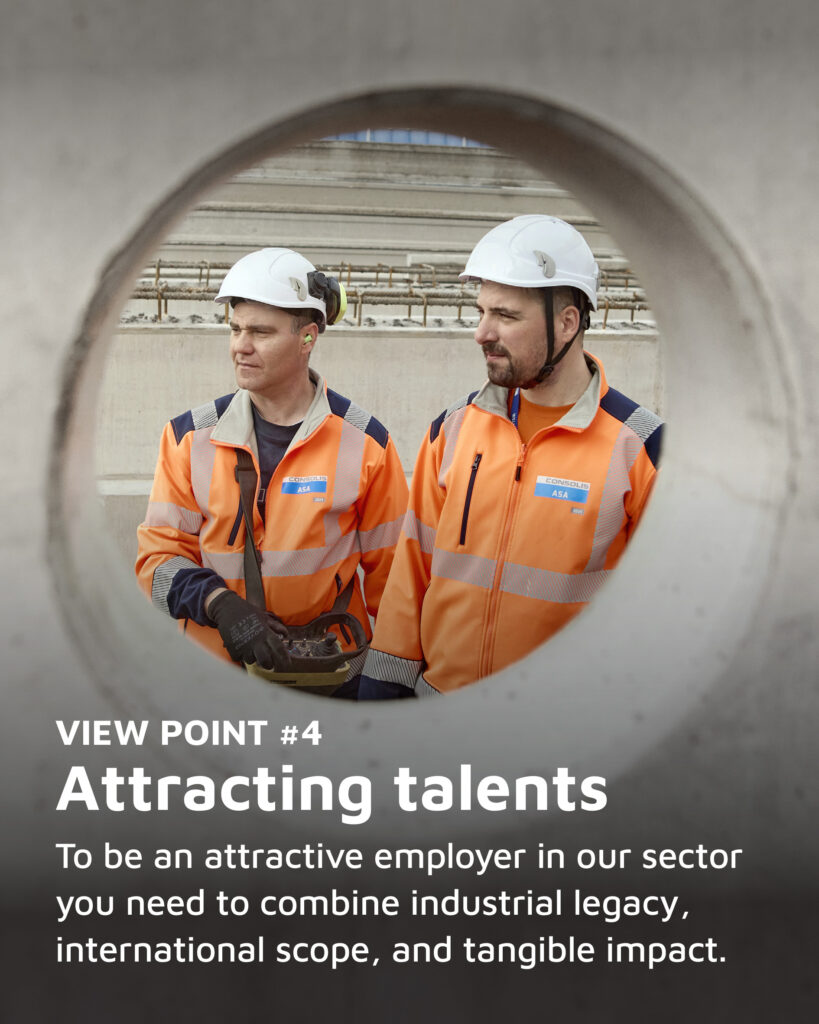
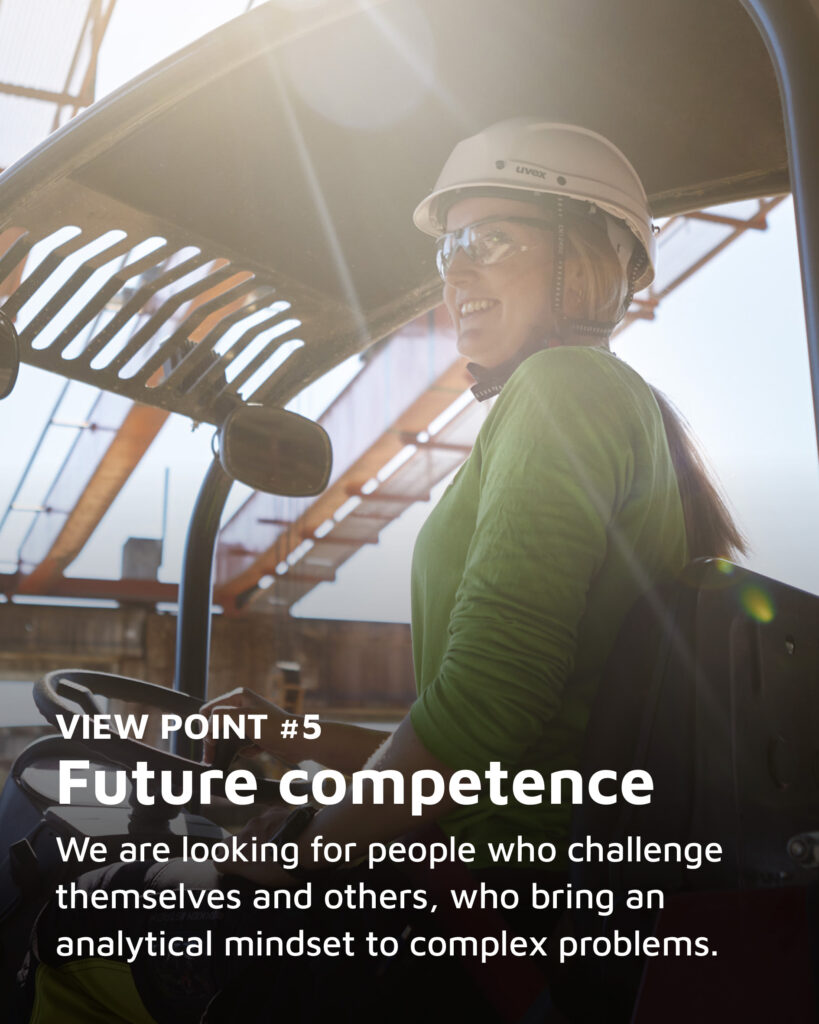
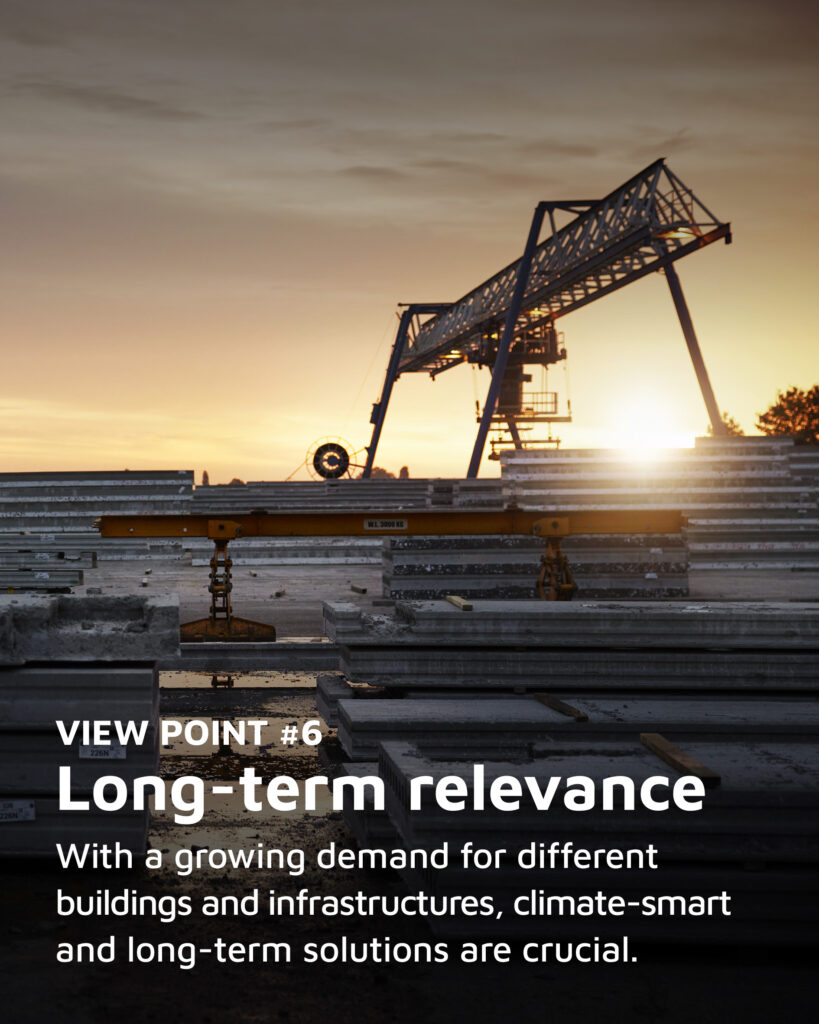
What today’s talent is looking for
Despite popular assumptions, Liselotte believes that younger generations aren’t radically different from others in the workforce.
“People want to be seen, to grow, to contribute, and to be part of something bigger. That’s a universal need,” she says.
What makes Consolis an attractive employer is its combination of industrial legacy, international scope, and tangible impact.
“Our employees can see the results of their work — in buildings, schools, and logistics hubs. What we do shapes people’s everyday lives. That’s a powerful motivator.”
Future competence: curiosity and concrete expertise
To continue evolving, Consolis seeks a mix of traditional and emerging competencies. Technical know-how remains critical — but mindset matters just as much.
“We’re looking for people who are collaborative, curious and open,” says Liselotte. “People who want to explore new ways of working, who challenge themselves and others, and who bring an analytical mindset to complex problems.”
That complexity is inherent to the industry. Building smarter, more cost-efficient, and more sustainably in construction requires conscious choices at every stage — from materials and design to production and logistics.
“There’s no single solution. It’s about thinking systemically and working across the whole value chain. For those who enjoy solving real, multifaceted challenges, this is a truly exciting place to be.”
A long-term industry with long-term relevance
Construction is, by nature, a long-term business. And that’s part of what makes it so important — and so fulfilling.
“In a world where so much is temporary, we build things that last. That creates both responsibility and purpose,” says Bergmark.
With a growing demand for different buildings, industrial as well as residential, infrastructure, and climate-smart solutions, the construction industry is not just responding to change — it is a driver of it. And with a clear focus on leadership, people, and progress, Consolis is helping shape the future.
“Construction is a future industry. And at Consolis, we’re proud to be building that future together as a team,” Liselotte concludes.
About Liselotte Bergmark
Liselotte Bergmark, Group Chief Human Resource Officer at Consolis, has served as Consolis’ Group Chief Human Resource Officer and member of the Executive Management Team since 2021. She leads the Group’s work on people, culture, leadership, sustainability, and communication. With a background in international HR since 1994, she holds degrees in Personnel and Work Science and in HR Management and Development from Linköping University.
